PROTECT YOUR DNA WITH QUANTUM TECHNOLOGY
Orgo-Life the new way to the future Advertising by AdpathwayMamdani’s candidacy for mayor exposes a complex web of identities and alliances swirling around New York politics, particularly among Muslim communities. His recent speech at the Islamic Cultural Center in the Bronx was deeply personal, shedding light on the impact of September 11 on immigrant families. He shared a poignant memory of his aunt, whose fears led her to abandon the subway, highlighting ongoing concerns surrounding safety within Muslim communities. Behind him, Debbie Almontaser, a key figure in Mamdani’s camp, represents a past plagued by accusations of “Islamophobia,” a narrative that still resonates in political circles today.
Almontaser’s history is telling. Once forced to resign for defending a controversial T-shirt, her case has turned her into a symbol for many Muslim American activists. Now, as she supports Mamdani, her position underscores a significant shift: political operatives and clerics once focused purely on community service are now mobilizing for electoral victories, as noted by Mansour Al-Hadj, a researcher on Muslim political movements. This evolution showcases how political Islam is redefining its role within a democratic framework, navigating the delicate balance between faith and civic engagement.
Mamdani’s alliances are noteworthy, especially his relationship with Siraj Wahhaj, a polarizing figure known for his radical views. Postings with Wahhaj sparked a backlash, revealing a network that rapidly defends its members against outside criticism. Almontaser’s quick organized responses illustrate this group’s strategy: when faced with dissent, they assert the narrative of victimhood, framing critiques as Islamophobic. This defensive tactic has created a circle that blurs the lines between political advocacy and religious identity.
Critics argue that the Mamdani God Squad employs aggressive tactics, framing dissent as an attack on faith while simultaneously promoting narratives that can sometimes veer into extremist rhetoric. This duality complicates the discourse around Mamdani’s candidacy, with links to Wahhaj and statements from his supporters raising eyebrows. Comments from some of his backers cross into the territory of hostility towards the U.S. and Israel, emphasizing a shared political goal while risking alienation of moderates.
In the backdrop, groups like the Council on American-Islamic Relations (CAIR) work tirelessly to combat perceived bigotry while sometimes courting controversy. With a history of being named in a federal terrorism-financing investigation, CAIR’s involvement in Mamdani’s campaign sends mixed signals. Yet Mamdani’s past, including lyrics celebrating the “Holy Land Five,” places him in a complex narrative that intertwines with radical circles while also appealing to a broader, more progressive base.
The reception of Mamdani’s campaign highlights the division within the Muslim community. Voices like Al-Hadj express concern that the God Squad pushes a singular narrative of grievance, overshadowing diverse Muslim perspectives. They risk minimizing the debates about faith and freedom that many second-generation immigrants navigate. Al-Hadj’s remarks articulate fears that this coalition not only represents a radical political agenda but also signifies a departure from pluralism within the community.
Moreover, endorsements from figures like Imam Khalid Latif and political organizer Linda Sarsour amplify Mamdani’s profile, but also draw criticism due to their controversial histories. Latif’s support has been unwavering, even as he faces questions about past connections with extremists. Sarsour, while viewed as a guiding force for Mamdani, has herself faced backlash for her past statements. Both represent the tensions in political Islam, where religious and political identities interplay and often clash.
As the campaign unfolds, it remains to be seen how Mamdani’s ties to these figures will shape perceptions among New York voters. The response from his detractors raises critical questions: do these connections resonate as a cautionary tale of radicalism, or do they represent a necessary evolution of immigrant political identity? The outcome of Mamdani’s candidacy, whether victorious or not, encapsulates the ongoing struggle for representation and the challenges faced by Muslims in a city that remains a cultural melting pot.
The Mamdani candidacy represents a critical moment, a convergence of identities and ideologies that could reshape New York politics. Critics and supporters alike must grapple with the implications of his rise. As these narratives unfold, it’s clear that the discussions surrounding Mamdani reflect broader themes of identity, community, and the pursuit of power within a complex socio-political landscape.
"*" indicates required fields


 6 hours ago
3
6 hours ago
3
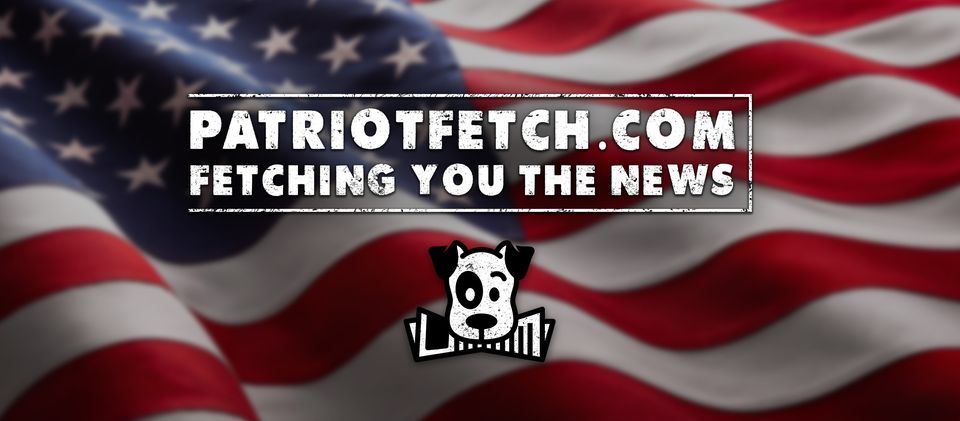
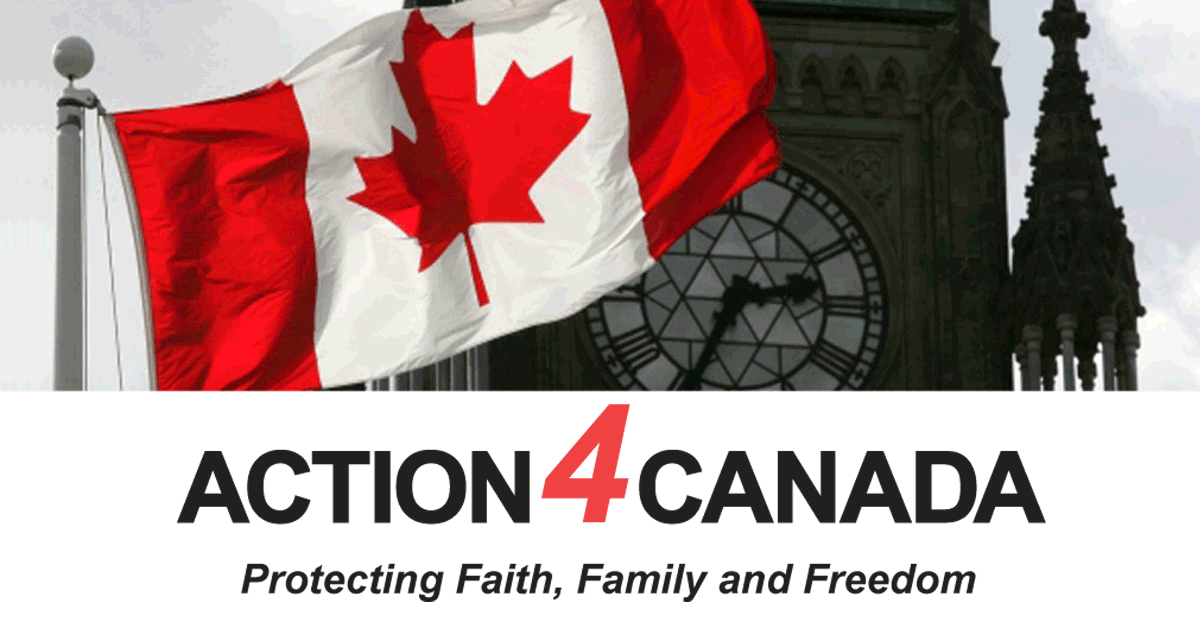
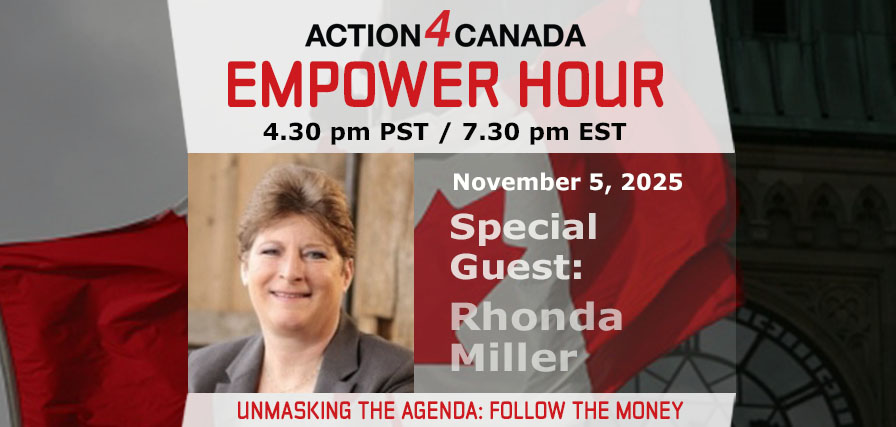

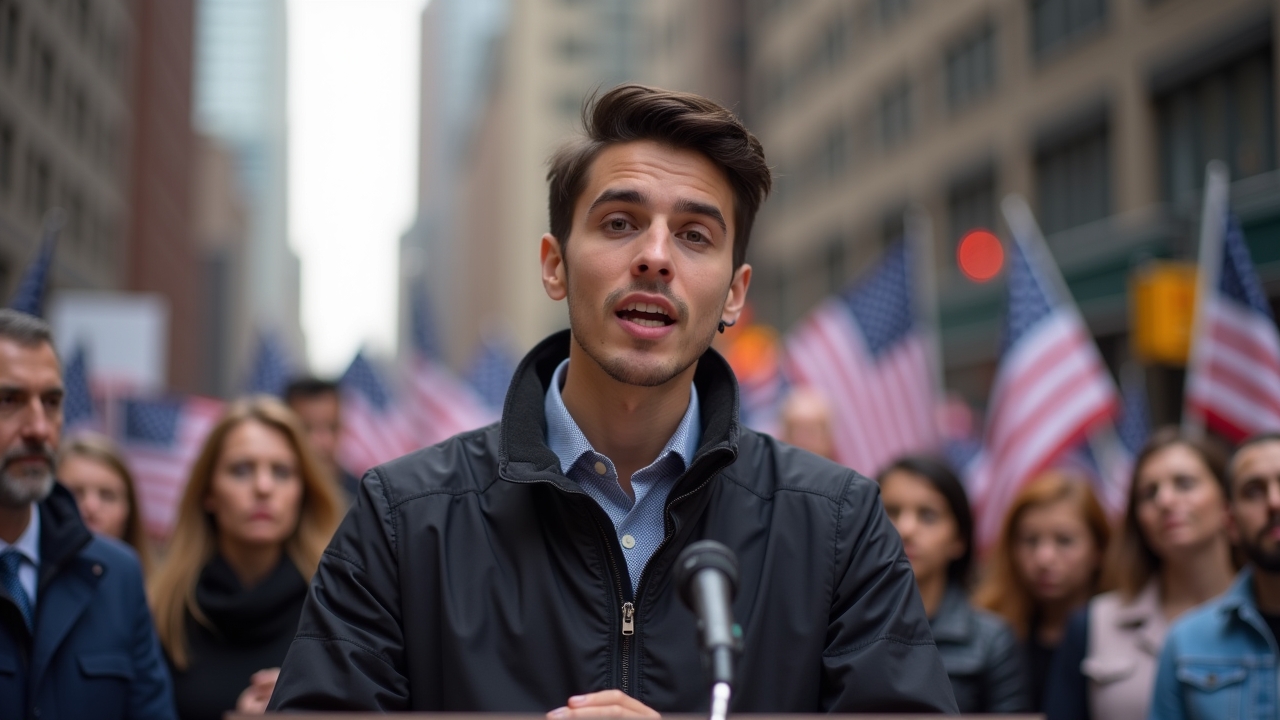
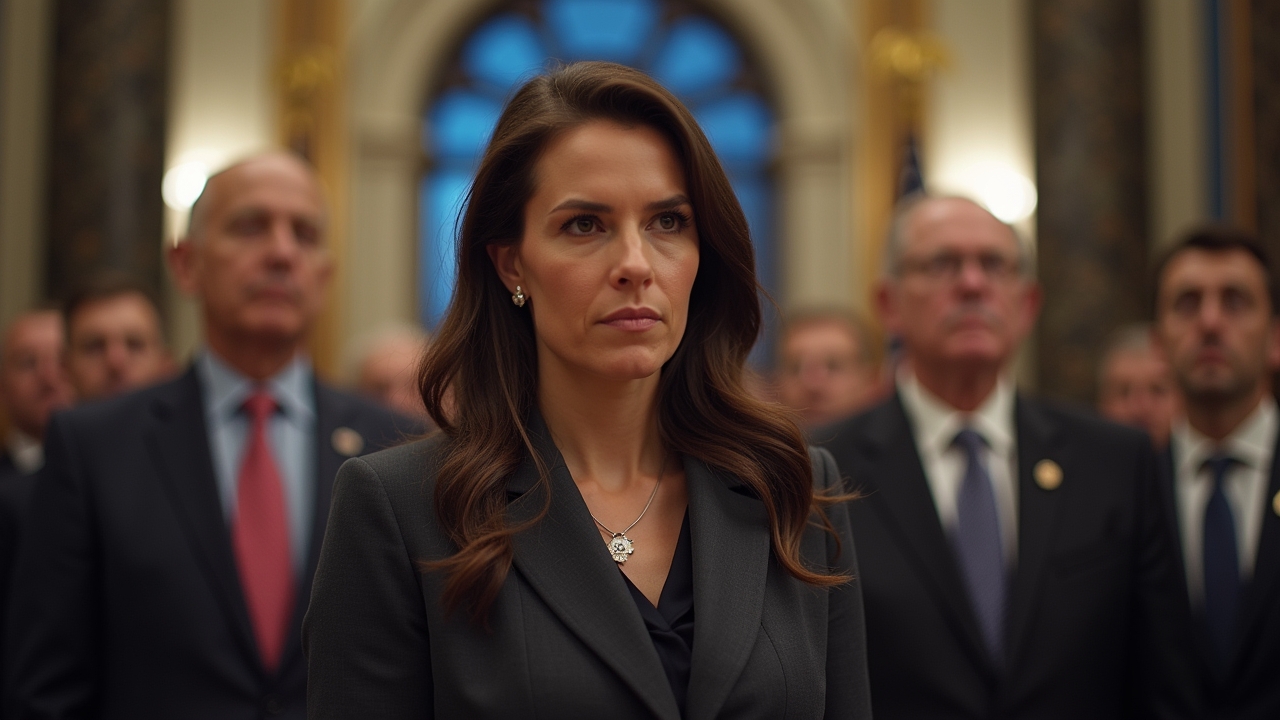

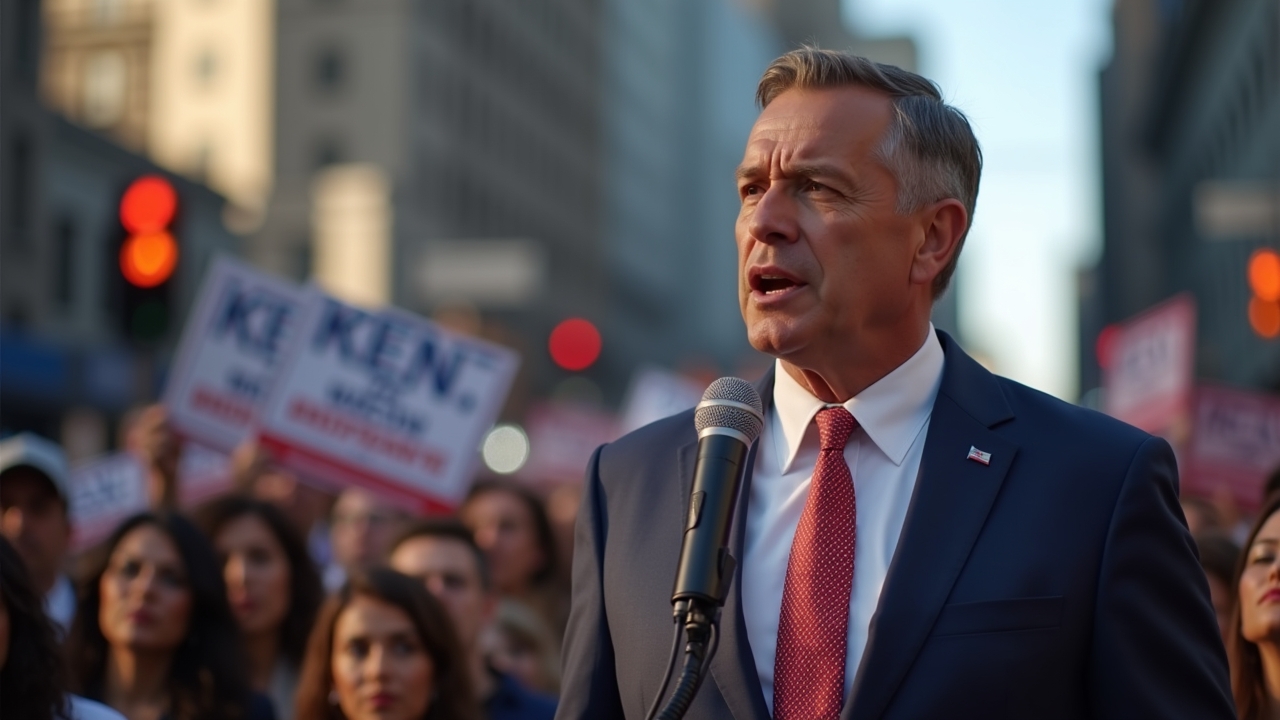










.jpg)






 English (US) ·
English (US) ·  French (CA) ·
French (CA) ·